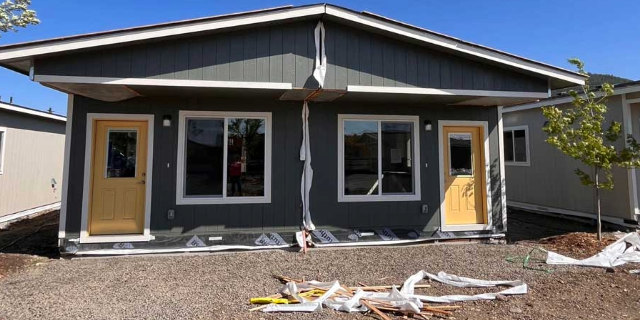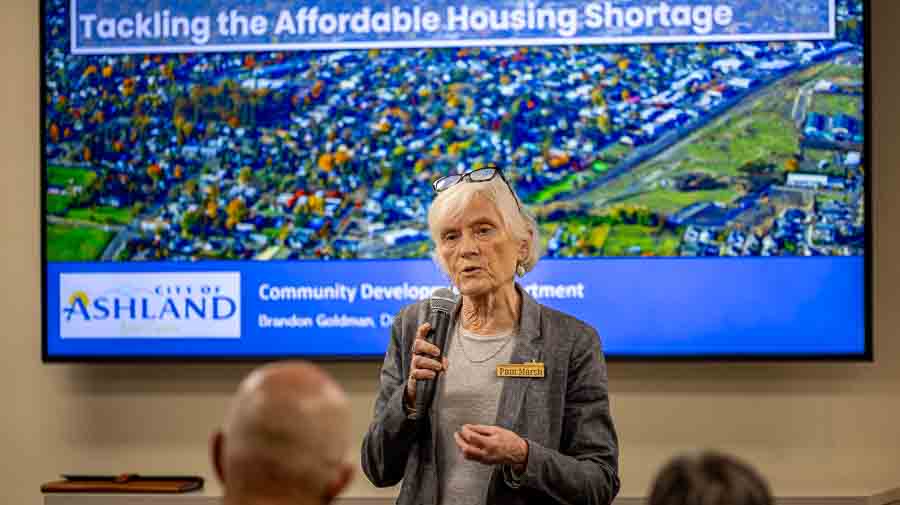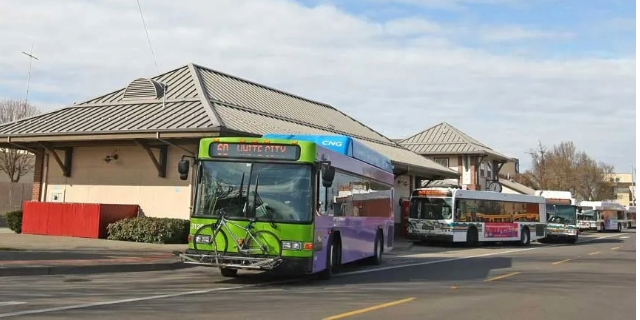This bill would work in tandem with House Bill 3506, which was approved earlier in the legislative session and provides $3 million to retrofit existing homes to make them more senior friendly.
Most Popular
Marsh said the bills could provide a model to address the growing numbers of seniors who can’t find affordable housing.
Seniors are the fastest growing segment of the homeless population, Marsh said.
“We have to get our foot in the door because we have a tsunami of seniors on the way,” she said.
Of the $24 million in House Bill 3589, $23.5 million would go directly toward funding projects that provide senior affordable housing. The remainder, $500,000, would go to Oregon Housing and Community Services for technical assistance and to create the program, provide support for local developers, and ensure housing is designed to meet the physical, social, and emotional needs of aging residents.
Marsh said she hopes to see about five senior housing projects generated by the bill, citing two existing senior developments in Talent as examples.
Marsh, who co-sponsored the bill with Sen. Deb Patterson, D-Salem, said the bill will not require using general fund dollars, a consideration that helped assure support from the Legislature.
Instead, it will be paid for by transferring $24 million from an Oregon program for disabled and senior homeowners who defer property taxes until they move or when the home sells. The fund has a reserve of $70 million, which is enough to continue to run the tax deferral program as well as to transfer dollars to the senior housing program.
The housing for seniors legislation runs through 2031, but can be extended by the Legislature.
Sen. Patterson said, “Oregon seniors deserve to age in dignity— not in cars, not in shelters, and not in fear of eviction.”
House Bill 3506 adds $3 million to Oregon’s Healthy Homes Program to help seniors and people with disabilities add accessibility upgrades to their homes.
According to information provided by Marsh, Oregon’s had 807,000 adults age 65 and older, which is expected to hit 1.28 million by 2050.
Two modular housing projects in Talent are examples that Marsh hopes will get traction under House Bill 3589.
Age+, a not-for-profit organization, opened a 22-unit project at 41 Suncrest Road in Talent last year and hopes to start leasing at a 26-unit complex at 600 South Pacific Highway in Talent in September. Age+ also has a 24-unit complex in Madras.
The units are about 530 square-feet, with a bathroom, bedroom, living room, kitchen and laundry facilities. Each of the units is designed for wheelchair accessibility and has features such as roll-in showers, flat entryways and wide doorways.
The program and rent are specifically for those aged 55-plus, who receive 60% of area median income, or $38,820 for one person and $44,000 for a two-person household. The monthly rent is $800, which includes internet and other utilities except electricity.
For more information about the units, go to ageplus.org/talent-housing-inquiry-form/.
Stephanie Hooper, CEO and president of Age+, said the units are modular, built offsite, and then installed on a foundation.
This type of construction, Hooper said, “accelerates the timeline.”
“There is such a deficit of affordable housing for older adults,” she said.
Hooper said the new project at 600 South Pacific offers what she said are “ideal” modular duplexes formed in a cottage style.
To build similar projects, Hooper said the requirements call for about a 1-acre minimum lot with easy access to stores, transportation and city services. The housing projects require state grants and a flat piece of land. In Madras, Age+ has a 99-year lease on the land.
Hooper said the need for senior affordable housing will continue to accelerate.
“Older adults are the fastest growing groups to experience homeless for the first time,” Hooper said. “These older adults largely go invisible.”
Reach freelance writer Damian Mann at dmannnews@gmail.com. This story first appeared at Ashland.news.











